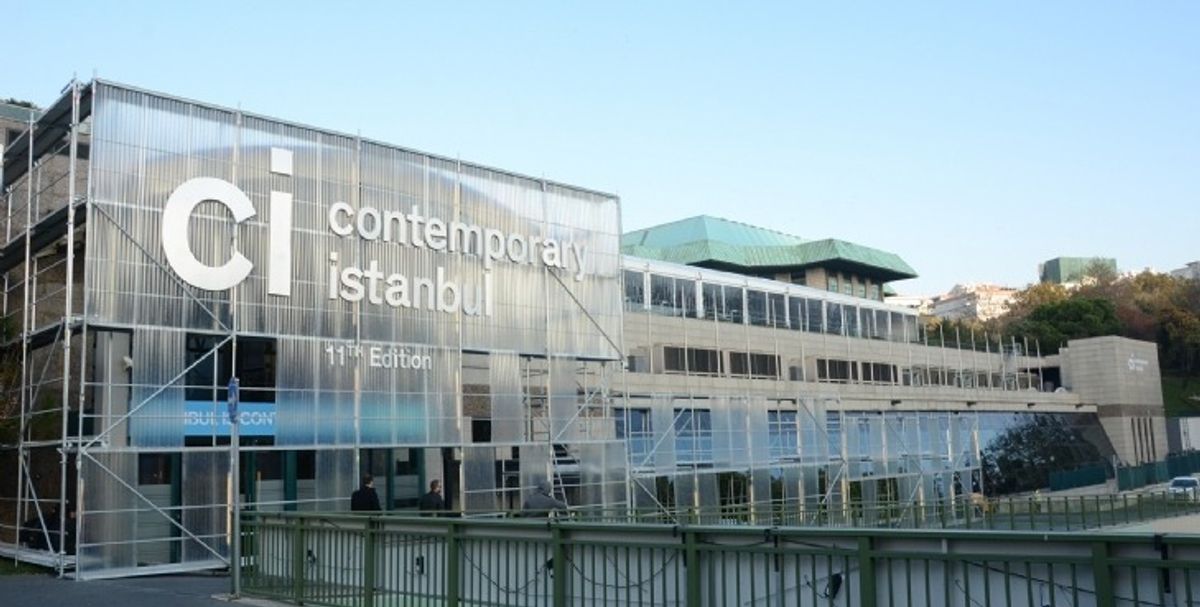In a bid to boost tourism and a flailing economy, Contemporary Istanbul art fair is moving its dates to September and is joining forces with the city’s venerable biennial to form Istanbul Art Week in the middle of the month. Museums and galleries such as the privately run Sakıp Sabancı museum are also due to take part in the initiative, which is for the first time supported by the local government.
The recent spate of terror attacks and a crackdown on freedom of expression by the Turkish president Recep Tayyip Erdogan have made cultural life tough in Istanbul. But now that could be changing—at least in the commercial sector.
“The government is beginning to realise that art and culture are important,” says Ali Güreli, the chairman of Contemporary Istanbul, who has been lobbying for changes to laws on tax when it comes to art. “We are not asking the government for funding, we are asking for the path to be cleared so it is more accessible to buy and sell art in Istanbul.”
The value of works exhibited at the art fair, previously held in November, has tapered off since a high of $102m in 2014. That figure dropped to $67.4m in 2015 and $56m last year. However, over the past two years the proportion of works sold has hovered just above 60%.
Güreli says he is aiming for around half of the exhibitors to come from outside of Turkey for the 12th edition of the fair this year, which will run from 14 to 17 September. “We also want Turkish collectors to buy international art at Contemporary Istanbul,” Güreli says.
For Kamiar Maleki, the fair’s director, the plan is to create an arts hub in Istanbul. “It’s a city that connects East and West and has history, culture and tradition; we want to formulate that for the future generation and to make art more accessible,” he says. “We can’t ignore we are facing a lot of difficulties, but through culture we are trying to heal the city.”


